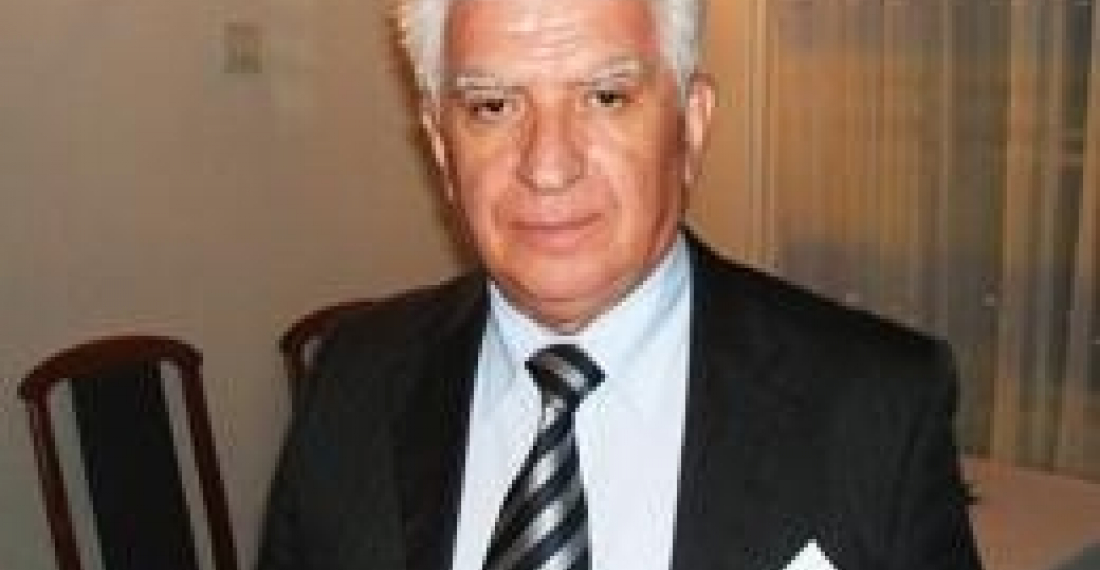"It is our mistake that we have such government", Laszlo Kemeny, Professor of Political Science, scientist, (Hungary) told ArmInfo when commenting on the Hungarian Government's decision to extradite Ramil Safarov, a murderer of Armenian officer Gurgen Margaryan.
Professor Kemeny said he apologizes to the Armenian people on behalf of the Hungarian people. He thinks that it is their mistake that they have such government. The Hungarian people deeply respects the Armenians and do not support such betrayal, he said. The professor said that the Hungarian people will do their best to wash away the guilt of the Hungarian government. The Hungarian people can rely on solidarity of the Hungarian people, Laszlo Kemeny said.
To recall, on February 19 2004, R. Safarov viciously axed sleeping G. Margaryan in Budapest. Both the officers were undergoing an English language course under the NATO PfP program. On April 13 2006 the First Instance Court of Budapest sentenced Safarov to life imprisonments without the right to pardon for 30 years. In February 2007 the Court of Appeal left the verdict unchanged. President of Armenia Robert Kocharyan decreed awarding Gurgen Margaryan with Gallantry Medal posthumously.
Professor Kemeny said he apologizes to the Armenian people on behalf of the Hungarian people. He thinks that it is their mistake that they have such government. The Hungarian people deeply respects the Armenians and do not support such betrayal, he said. The professor said that the Hungarian people will do their best to wash away the guilt of the Hungarian government. The Hungarian people can rely on solidarity of the Hungarian people, Laszlo Kemeny said.
To recall, on February 19 2004, R. Safarov viciously axed sleeping G. Margaryan in Budapest. Both the officers were undergoing an English language course under the NATO PfP program. On April 13 2006 the First Instance Court of Budapest sentenced Safarov to life imprisonments without the right to pardon for 30 years. In February 2007 the Court of Appeal left the verdict unchanged. President of Armenia Robert Kocharyan decreed awarding Gurgen Margaryan with Gallantry Medal posthumously.







